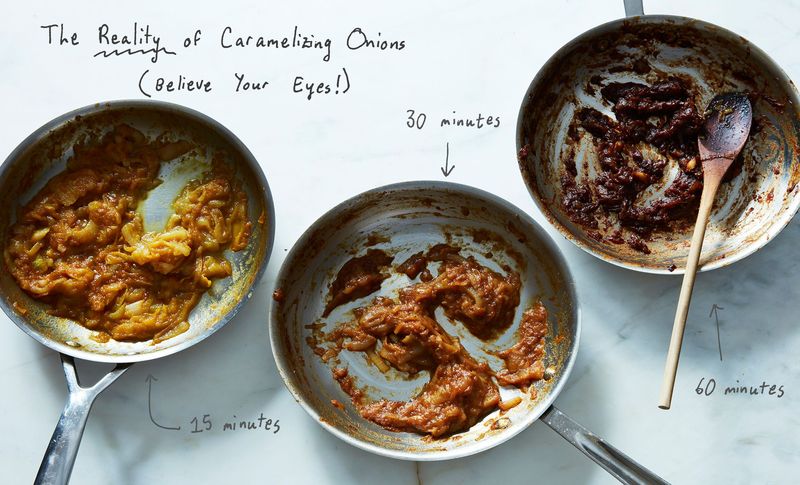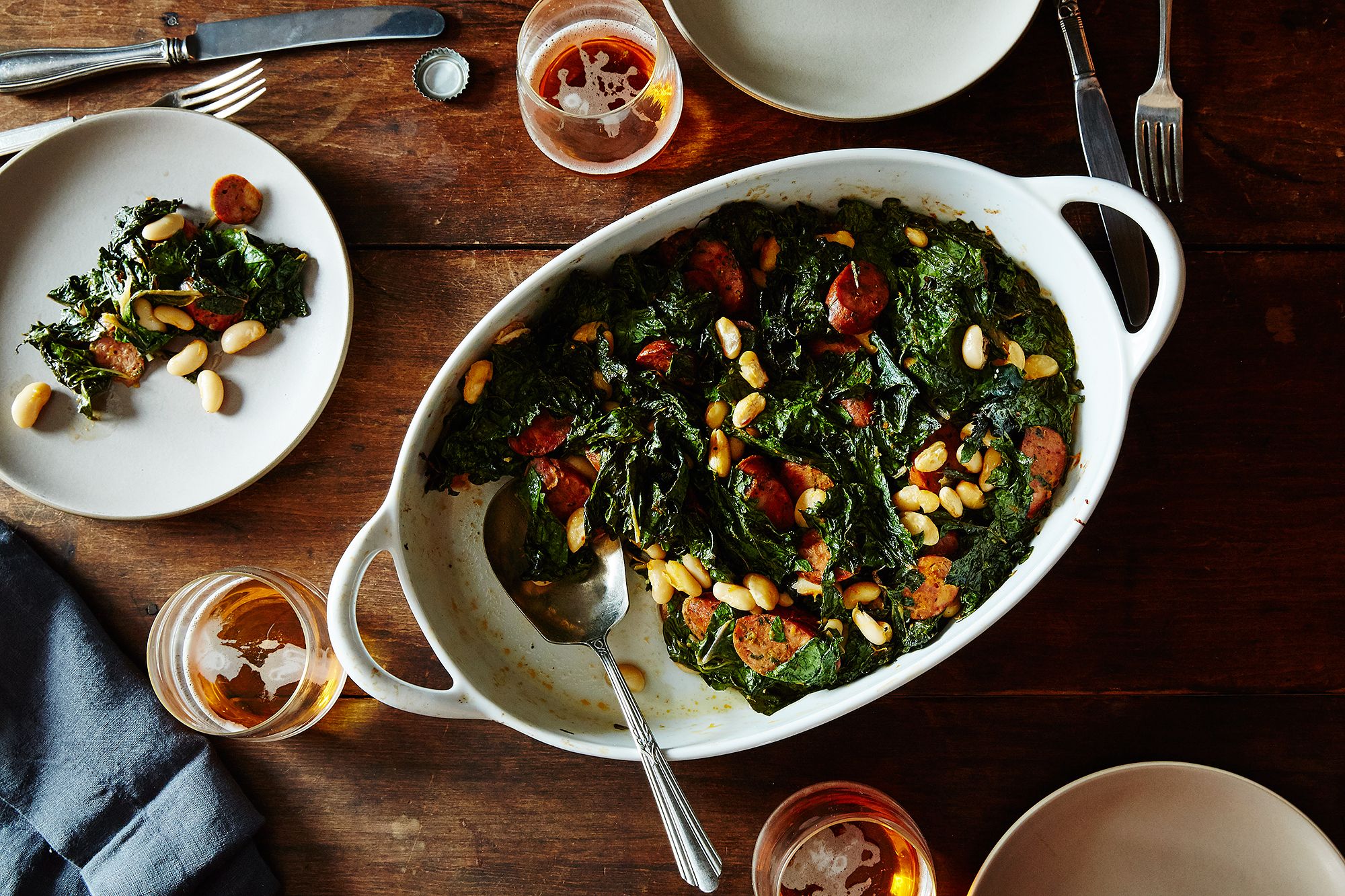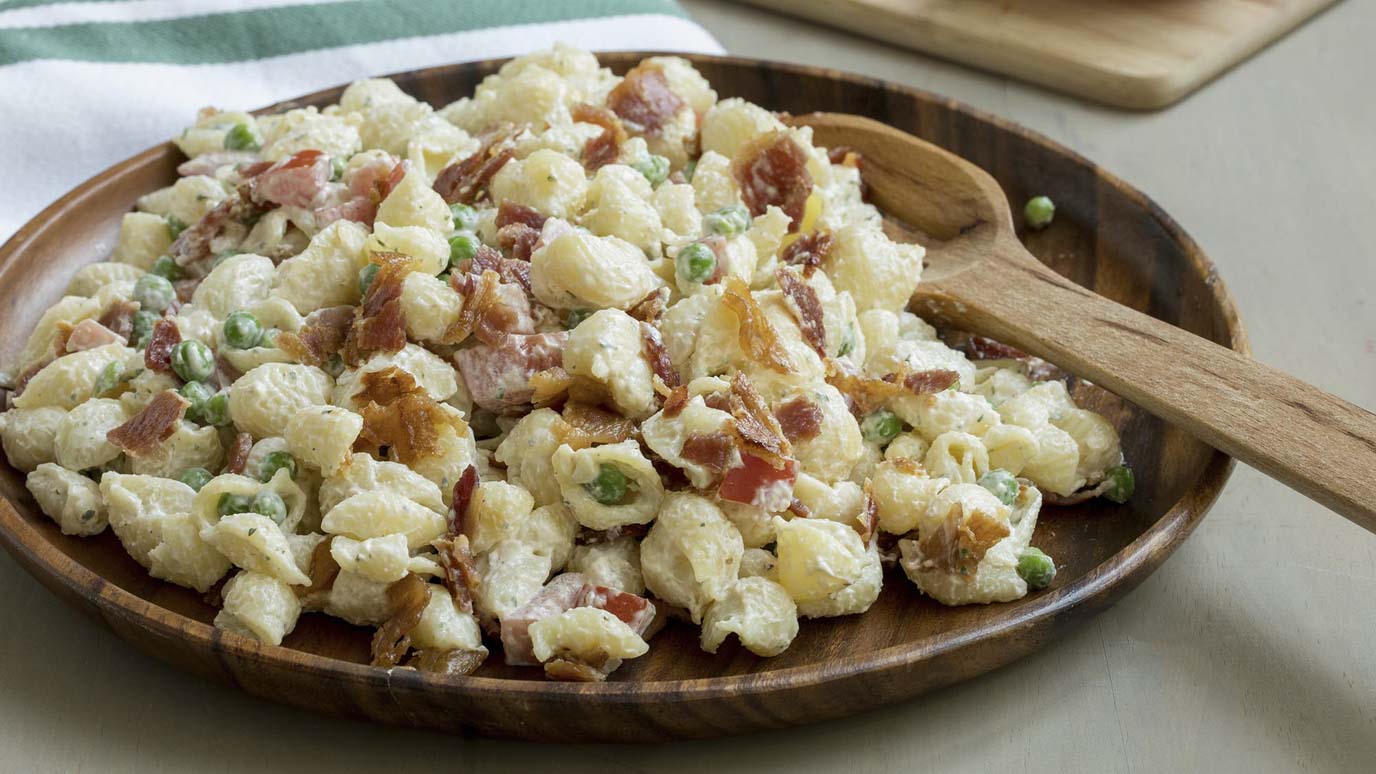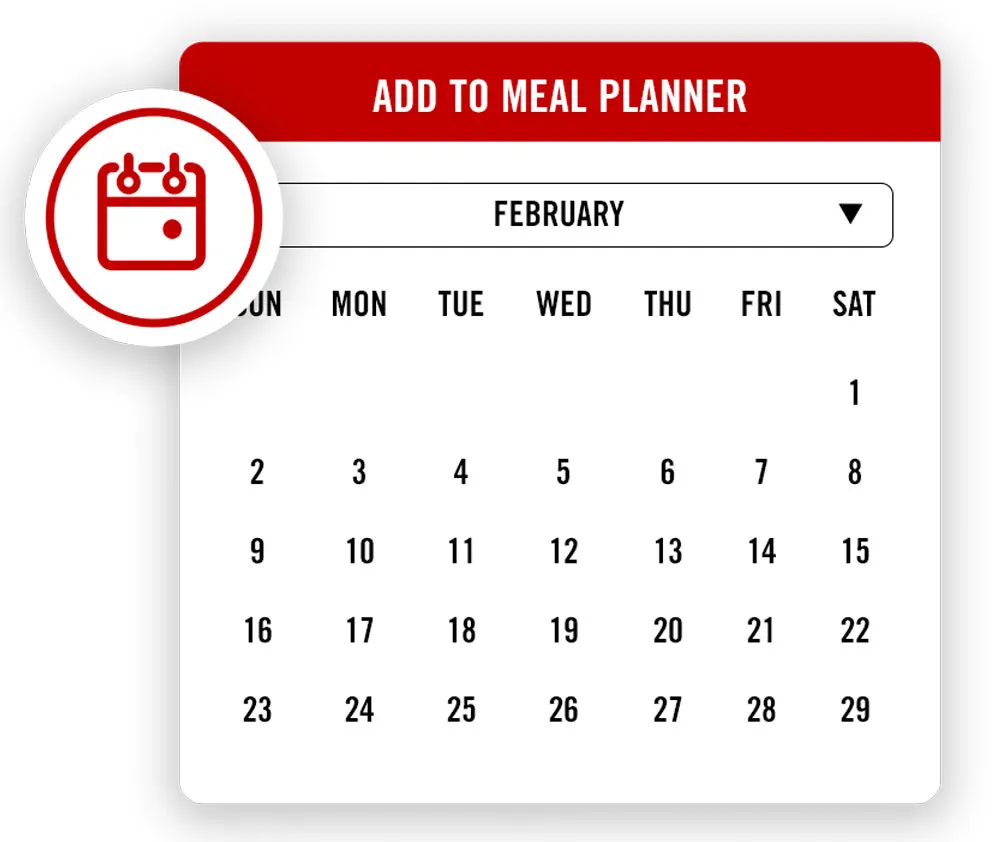No one is born a good cook (though maybe you are the exception?) and this means that all good cooks have learned somehow, somewhere—be it in the kitchen, at culinary school, on the line at a restaurant, or by Mom's hip.
The corollary is that all good cooks have made (and will make) mistakes. ("The Child is the father of the Man," a brilliant poet once wrote.)
I polled some of the cooks I trust most at Food52—the people I have difficulty believing were ever beginners—about where novices most commonly go wrong. (Have they noticed me fumbling in the kitchen and bit their tongues?)
When preparing and planning:
- Not reading the recipe all the way through before you start.
- And similarly, not preparing the mise (like making sure the onions are chopped, the carrots are shredded, the corn starch slurry is mixed) from the get-go, especially in a fast-paced recipe like a stir-fry.
- Or assuming part of the ingredient list or method is not critical before you've done your research. ("My boyfriend left out baking soda the first time he ever baked cookies from scratch because he assumed leaving out only a teaspoon wouldn't matter," Jackson told us. Whoopsies.)
- Making multiple new dishes when you have guests. Merrill recommends sticking with what you know and trying only one new recipe.
- And not budgeting a realistic amount of time to make it all happen. This leads to unnecessary stress that can be avoided with an arsenal of make-ahead, hold-steady recipes. (Kristen calls these "your best friends in entertaining.")
- For a dinner party, not getting the dessert out of the way first. Otherwise, you won't get to it, says Kenzi. Or: Just get over it, and give people ice cream by the pint.
When choosing the equipment:
- Using too small of a cutting board. Not only will you be frustrated, but you probably won't have enough room to make the proper chops and slices. (You'll also make a mess.)
- Not letting certain ingredients come to room temperature. Cold steak is more likely to cook unevenly; cold eggs won't reach the right volume when you're using them to leaven a cake; cold butter won't emulsify with the sugar in your batter. (At the same time, experienced cooks know when to keep ingredients chilled or frozen—butter for pie dough and biscuits, let's say.)
- Choosing the wrong type of pan for the job in terms of size and material. When a recipe calls for a 12-inch cast-iron, a 9-inch non-stick won't get the job done.
While you're cooking:
- Not tasting and seasoning as you go. I have the habit of keeping my mouth shut until the dish is on the table—the surprise! the anticipation!—but when the taste is disappointing (bland or bitter or just too spicy), I've robbed myself of the opportunity to fix it.
- Specifically, not using enough salt. (Have you seen how much salt Samin Nosrat adds to her pasta cooking water? You will not believe it!)
- Or shying away from fat.
- Not giving your ingredients due time to cook. Just look at the difference between 30- and 60-minute caramelized onions:

- Adding ingredients to the pan before the surface (and, often, the fat you've added) is properly hot. This will make it harder to get a nice sear and develop flavor and caramelization. In the case of stainless steel, it will mean that your food is more likely to stick.
- The same goes for not letting the oven or the fry oil reach the proper temperature.
- Crowding the pan when you roast, sauté, or fry.
- Being afraid of high heat.
- Turning the meat too soon (before you get a good brown crust or sear).
- And this can be expanded to general fiddling and fussing: Know when leaving something alone will allow it to finish searing and release (this can happen with tofu just as much as with steak)—and know when you do have to stir constantly (custards, risotto, sometimes caramel).
- Not letting the meat rest between your masterful cooking and slicing.
- Overcooking pasta: It will continue cooking once drained and further soften when you add a sauce.
- Over-mixing sensitive batters. Know when to turn off the electric mixer and grab a spatula for gentle folding motion.
- Waiting until recommended baking time to check on a cake (or whatever you've got in the oven). Merrill recommends peeking in at least five minutes before the first time-marker given by the recipe—and using a cake tester.
- On the other hand, under-baking cookies and pastry is also a common misstep. "Inexperienced cooks often don't let their baked goods get dark enough, which develops toastier, more caramelized flavors", says Amanda.
When panicking serving:
- Throwing things out if something minor goes wrong instead of trying to bandage it, or letting someone help!
- Over-apologizing. "I allow myself to apologize once only," Nigella Lawson told us on Burnt Toast.
- Not identifying the emergency exits. Like, you don't have to make every component of the meal. "Pick up the rice, man. It's okay. Focus on the sauce instead," says Kenzi, a vocal advocate of take-out rice.
This article was written by Sarah Jampel from Food52 and was legally licensed through the NewsCred publisher network. Please direct all licensing questions to legal@newscred.com.








